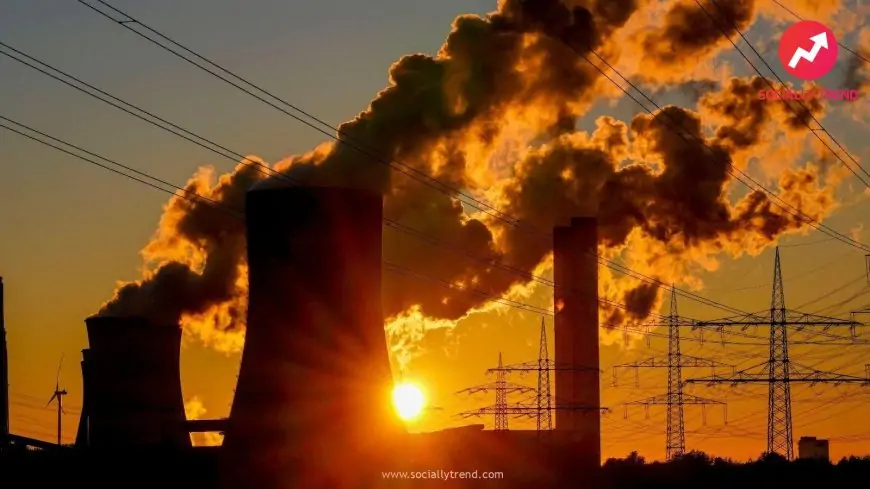Excessive weather conditions are threatening meals safety in South Asia, as per the most recent IPCC (Intergovernmental Panel on Climate Change) report. The report by the UN physique claims that escalated threats of floods and droughts will make India and Pakistan among the many most weak to local weather change.
The second installment of the IPCC Working Group II’s report titled ‘Climate Change 2022: Impacts, Adaptation and Vulnerability’ talked concerning the climate-related dangers to agriculture and meals programs in Asia. The report acknowledged that the dangers will progressively intensify with the altering local weather, and may have differentiated impacts throughout the area.
“As an example, in South Asia, excessive weather conditions are threatening meals safety, thus agro-based economies like India and Pakistan are probably the most weak to local weather change on this regard," the report said.
With emissions on the rise, 11 Indian states Odisha, Assam, Meghalaya, Tripura, West Bengal, Bihar, Jharkhand, Chhattisgarh, Uttar Pradesh, Haryana, and Punjab will get most severely affected. If emissions continue to increase, all Indian states may have regions that experience temperatures of 30 degrees Celsius or more.
The UN report warned that at the current emission cuts promised, many parts of northern and coastal India could reach extremely dangerous wet-bulb temperatures of over 31 degrees Celsius towards the end of the century.
The major projected impacts of climate change in the agriculture and food sector, as per the report, include a decline in fisheries, aquaculture, and crop production, particularly in South and Southeast Asia.
The IPCC report predicted that the rice production in India can decrease from 10-30 percent, while the maize production can see a reduction of 25-70 percent. This is based on the assumption that a range of temperature increase from 1 degree to 4 degrees Celsius will take place.
The report stated that the international food supplies are also under threat and the risks of widespread crop failure would increase if emissions are not rapidly cut.
Learn all of the Newest News, Breaking News and Meeting Elections Stay Updates here.

















